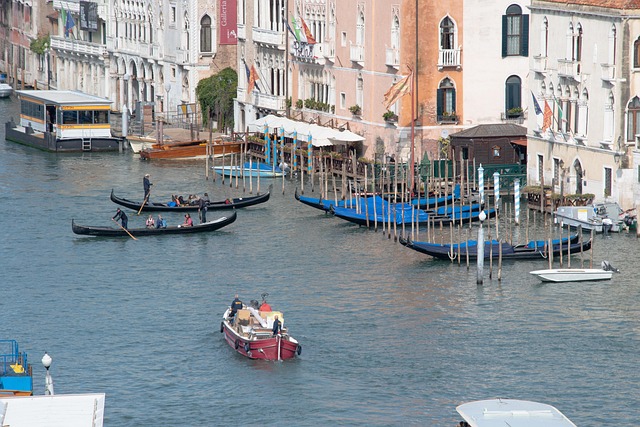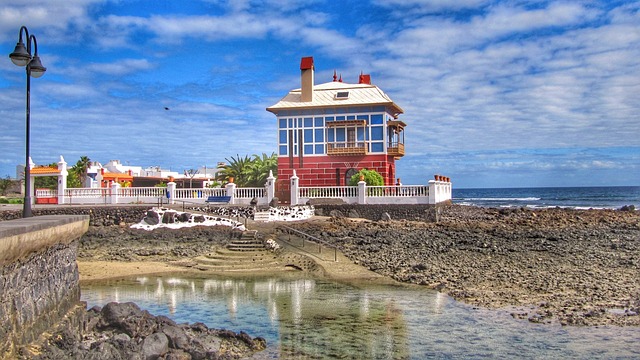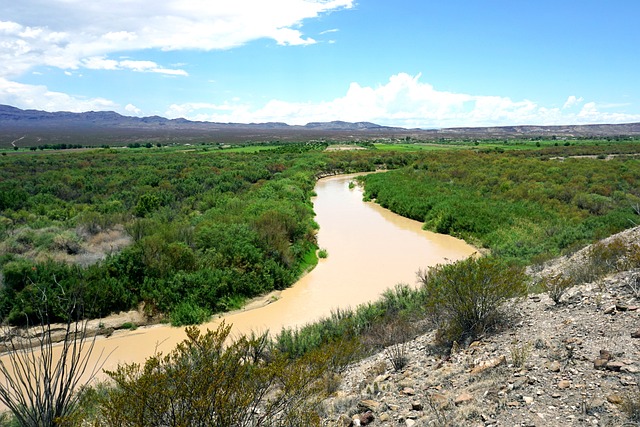Industrial parks are economic catalysts fostering growth through specialized ecosystems, strategic planning (infrastructure, transport, skilled labor), and real estate. Their strategic locations attract investments, create jobs, stimulate trade, and drive regional development. Investing in industrial park real estate offers diverse options from new developments to rehabilitating existing structures, enhancing property values. Sustainable development, community engagement, and strategic planning among developers, governments, and residents ensure long-term success as vibrant assets.
Industrial parks have emerged as powerful catalysts for economic growth, transforming landscapes into thriving business hubs. This article delves into the multifaceted role these parks play in driving development, with a special focus on real estate opportunities. From attracting investments and fostering innovation to promoting sustainable practices and engaging communities, industrial parks are strategic assets that shape the economic tapestry of regions worldwide. Explore the key strategies and trends redefining this dynamic sector, particularly in the context of lucrative real estate prospects.
The Role of Industrial Parks in Economic Development
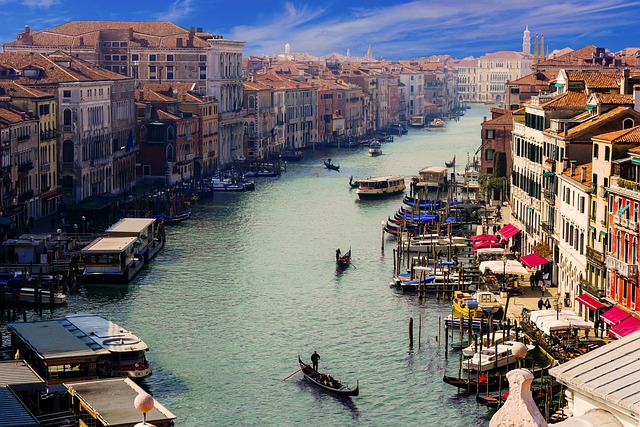
Industrial parks play a pivotal role in economic development by serving as catalysts for growth and innovation. These specialized zones offer a unique ecosystem where manufacturing, logistics, and related industries can thrive. The strategic planning that goes into designing and managing industrial parks is crucial—it involves careful consideration of factors like infrastructure, proximity to transportation networks, and access to skilled labor. This targeted approach maximizes the potential for businesses to prosper and contribute significantly to local economies.
Moreover, real estate forms a critical component of this development strategy. Industrial parks often attract investments from both domestic and foreign entities seeking to establish or expand their manufacturing bases. The availability of land, along with modern amenities and facilities, makes these parks attractive locations for businesses aiming to reduce operational costs and increase efficiency. As a result, the economic ripple effect is profound, creating numerous job opportunities, stimulating local trade, and fostering overall regional development.
Real Estate Opportunities and Investments in Industrial Parks

Industrial parks, as dynamic hubs of economic activity, present significant real estate opportunities that can drive local and regional growth. The strategic location of these parks, often near transportation arteries and urban centers, makes them attractive sites for businesses seeking to establish or expand their operations. This accessibility not only facilitates efficient logistics and distribution but also increases the desirability of surrounding properties, triggering a ripple effect on real estate investments.
Investing in industrial park real estate offers diverse prospects, from acquiring land for new developments to rehabilitating existing structures to meet contemporary industry needs. As businesses seek modern facilities with advanced infrastructure, investors can capitalize on opportunities to enhance property values through strategic renovations and smart planning. This dynamic environment ensures that well-positioned industrial parks remain valuable assets, fostering economic vitality and attracting both local and international investments.
Strategies for Sustainable Growth and Community Engagement
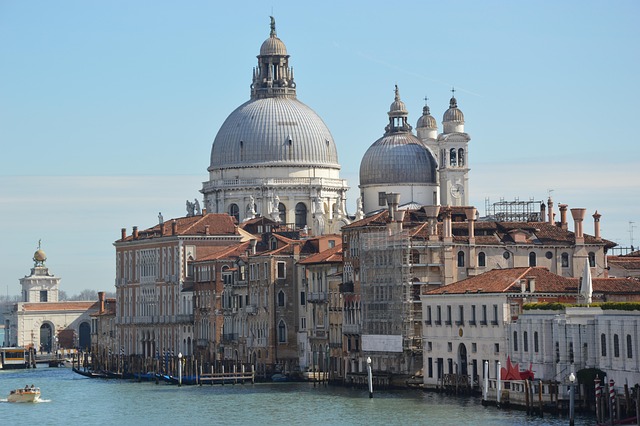
Industrial parks play a pivotal role in fostering economic growth, but sustainable development and community engagement are crucial for long-term success. Strategies to achieve this balance involve careful planning and collaboration between park developers, local governments, and residents. One key approach is integrating green spaces and sustainable infrastructure within the park design, ensuring environmental responsibility without compromising economic viability.
Community engagement is another vital aspect. Developers can foster a sense of ownership by involving nearby residents in decision-making processes, organizing public consultations, and promoting transparent communication. This not only helps address local concerns but also ensures that the industrial park aligns with the community’s needs and aspirations, fostering mutual growth and prosperity.
